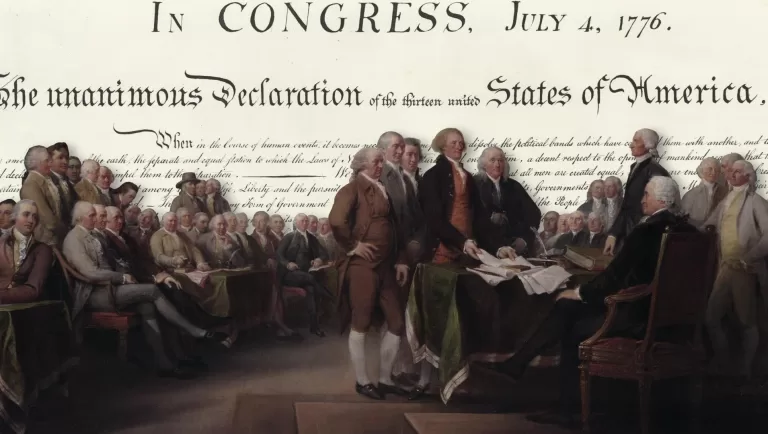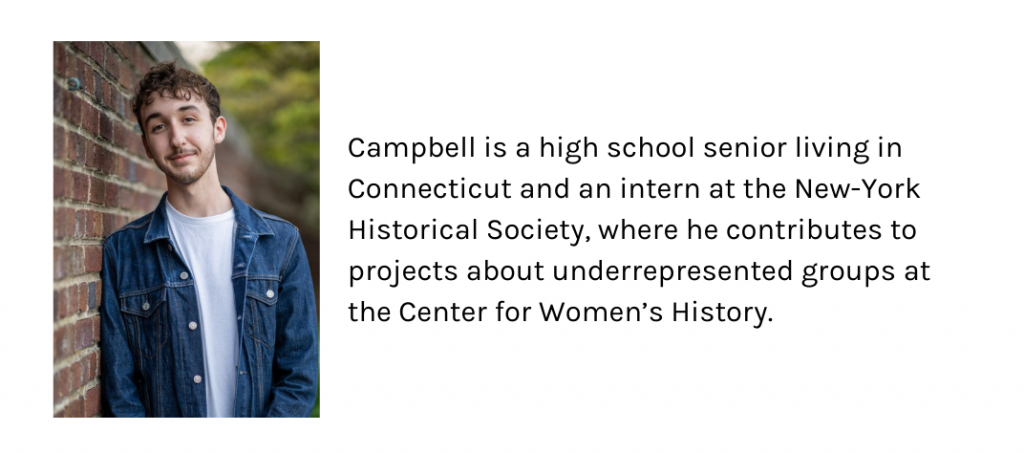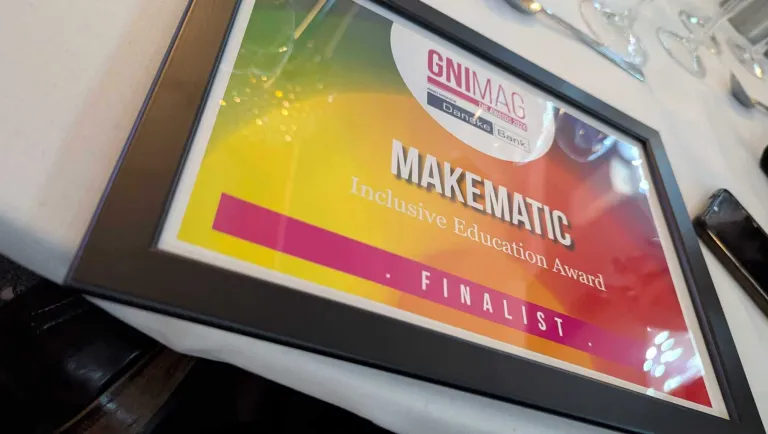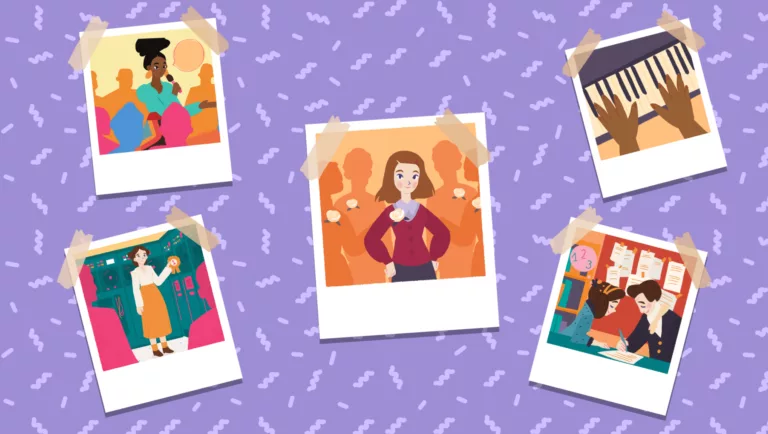
Why Untold History Matters
Recently, there has been a wave of efforts to diversify the history we learn about in the classroom. New Jersey passed the Amistad law in 2002 to mandate public schools to teach Black history year-round, and Arkansas, Florida, Illinois, Mississippi, New York, and Rhode Island have since followed suit with their own mandates. Four states—California, Colorado, New Jersey, and Illinois—now require high schools to teach LGBTQ+ history. Connecticut also became the first state to require high schools to teach African-American, Black, Puerto Rican, and Latino studies in December 2020. Some people think this wave is rolling in necessary change, while others think this wave is crashing down on the educational system, drowning out the history we are used to teaching. Here’s why telling untold stories matters.
Untold History Matters
History is as much an academic subject as it is a personal one. It is about trying to understand the human condition. That type of introspection fills us with different emotions. History, at its core, is a reflection of ourselves—it’s a mirror we can look into and relate to on an emotional level. For underrepresented groups, however, that mirror is often blurred and shattered. Only 13 percent of historical figures in US textbooks are women. A survey of mostly-white educators found that only 1 in 5 think textbooks accurately reflect people of color. Currently, Alabama, Louisiana, Mississippi, Oklahoma, South Carolina, and Texas have anti-LGBT curriculum laws that explicitly ban or limit the discussion or mention of homosexuality and transgender identity in public schools. The accuracy and diversity of the stories we talk about should reflect the types of people who learn about it. That way, everyone can experience history as it should be experienced. Everyone should be able to see themselves in the past.
Initiatives That Tell A More Inclusive Story of America
Places such as the New-York Historical Society (N-YHS) have adopted initiatives to tell a more inclusive story of America for its audience. It is the only major museum in the U.S. to have a center dedicated to women’s history and research. The society’s “Women & the American Story” curriculum project attempts to close the gender gap in history classrooms by highlighting the lives of women, women of color, and LGBTQ+ women. One of the reasons the N-YHS is creating resources about these figures is, of course, to piece the “broken mirror” back together. But it’s also about accuracy.
A history that does not talk about women—and other underrepresented groups—is inaccurate. Women have always occupied just over 50% of the human population, yet they are not talked about enough. This problem was addressed to a large extent during the second wave of feminism, which inspired an explosion of research on women’s and gender history in the 1970s and 80s. Today, the Center for Women’s History addresses that gap to show its audience that women have contributed to society in important, meaningful ways. One example is Marsha. P Johnson, the figure the project I worked on with Makematic focuses on.
Marsha P Johnson's Story Should Be Told
Marsha P. Johnson was a Black, transgender woman who dedicated her life to advocating for human rights for the LGBTQ+ community. She founded STAR (Street Transverite Activist Revolutionaries), an organization that provided housing and support to abandoned transgender youth. She was a key figure in the 1969 Stonewall Riots and led protests in the streets. She was an iconic drag queen, too. The video project Makematic, N-YHS, my fellow interns, and I created talks about her accomplishments, contributions, and character. Her story matters and needs to be talked about.
I think it is important for everyone to understand that history is not the past; instead, it is how we write about it. The idea that we can’t rewrite and add to our current history is a myth. That history is not the complete truth. It is not set in stone. It forgets about the contributions that women, people of color, and other minority groups have made to our society, economy, and culture. We need to include what has been excluded from the narrative now and in the future. We need to tell what has been untold.



